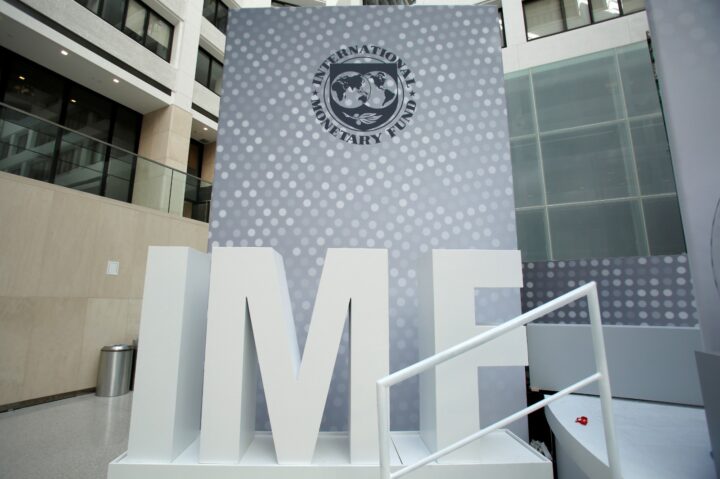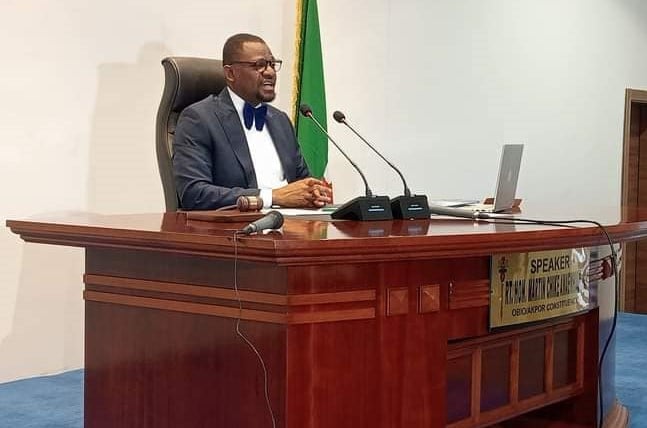The International Monetary Fund (IMF) says limited reforms, security challenges, weak growth, and high inflation worsened Nigeria’s poverty and food insecurity in the last ten years.
The IMF made this known in its latest report on the 2024 Article IV Consultation with Nigeria, released on Thursday.
The report assessed key fiscal and monetary reforms implemented in Nigeria, making recommendations on areas for improvement.
“Over the last decade, limited reforms, security challenges, weak growth and now high inflation have worsened poverty and food insecurity,” the lender said.
Advertisement
“While Nigeria swiftly exited the Covid-19 recession, per-capita income has stagnated. Real GDP growth slowed to 2.9 percent in 2023, with weak agriculture and trade, and despite the improvement in oil production and financial services.
“Growth is projected at 3.3 percent for 2024 as both oil and agriculture outputs are expected to improve with better security.”
According to the international financial institution, the country’s financial sector has remained stable, in spite of heightened risks.
Advertisement
The IMF said determined and well-sequenced implementation of the authorities’ policy intentions would pave the way for swifter, more inclusive, and resilient growth.
Nigeria’s inflation rate rose to 32 percent year-on-year in February, driven mainly by food inflation (38 percent) and loose financial conditions.
With continued monetary tightening, the financial institution said inflation is projected to gradually decline to 24 percent year-on-year at the end of 2024.
Advertisement
Add a comment






